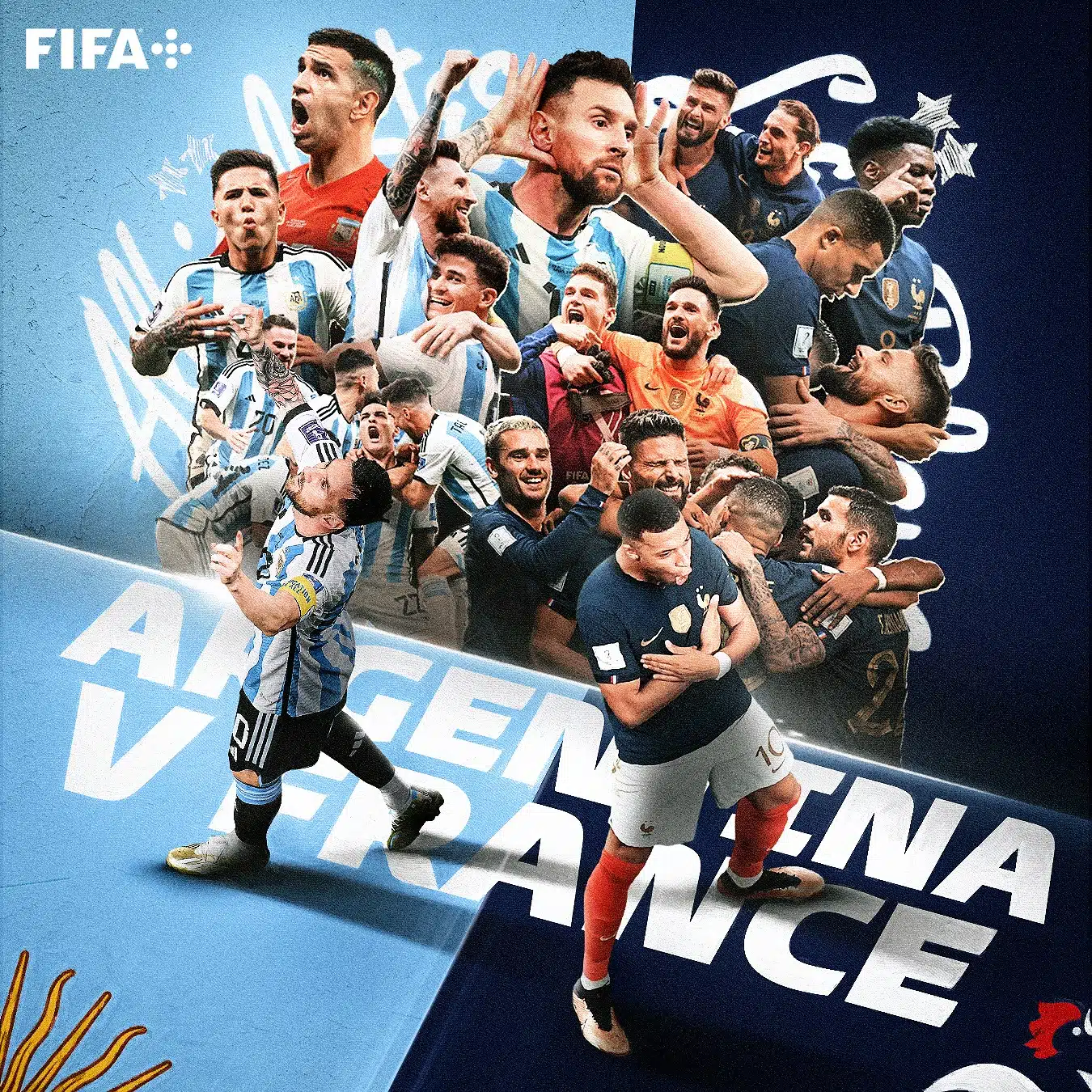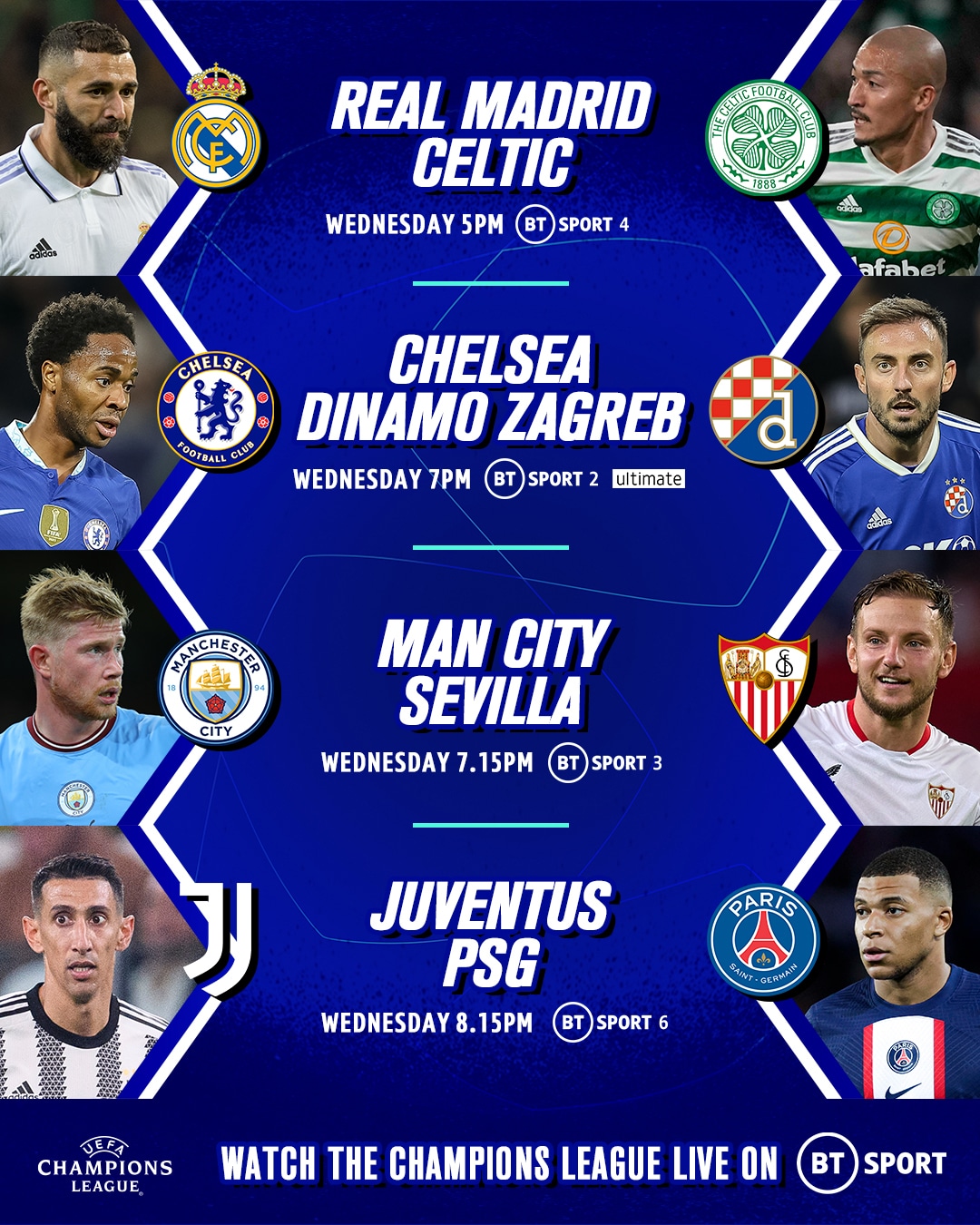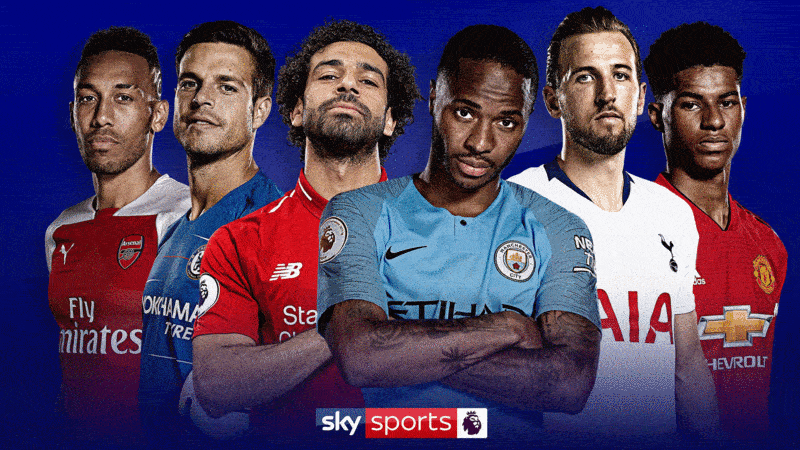The countdown clock will now have to be reset for 2026.
Sports Livestream ⚽ JOIN NOW for FREE
Instant access to the BT Sport, Sky Sports and Eurosport
It has been hanging there, hidden from public view, at England’s St George’s Park base for nine years – the timepiece that was set to hit zero with victory at the 2022 World Cup.
The clock was the direct result of former Football Association chairman Greg Dyke’s bold opening keynote address at London’s Millbank Tower in September 2013, when he set a much-derided goal of winning the tournament in Qatar.
In the end, England fell three wins short. Saturday’s quarter-final defeat against holders France ended their hopes.
But time does not stand still. When the dust settles, attention must turn to Euro 2024 in Germany before another World Cup, to be co-hosted by Canada, Mexico and the United States.
So where do England stand as they look to end the cycle of disappointment and become winners at last?
England’s new generation to treasure
England may have done better to reach the semi-final in Moscow in 2018 than they did here in Qatar but Gareth Southgate’s class of 2022 is unquestionably in much healthier shape for the future.
Six of the starting line-up that lost to Croatia four years ago were still in place against France – but there is a dash of youthful brilliance about England’s current team, which gives it far more room for development than the one that featured Dele Alli going into decline, Jesse Lingard and the veteran Ashley Young.
England’s young generation, barring the accidents or the unforeseen, will be getting to its peak at the next World Cup – and what a peak that promises to be.
Jude Bellingham, at just 19, is a future world star. He has already shown remarkable maturity for Borussia Dortmund in the Champions League, has captained the Bundesliga giants, and was one of England’s standout performers here.
He is the ideal modern midfield player, with skill, grace, power and intelligence. Bellingham is a future England captain. When he becomes available in the transfer market, Europe’s elite will form an orderly queue.
Arsenal’s Bukayo Saka is just 21 and is well-versed in the fluctuating fortunes of international football having missed a penalty in the Euro 2020 final shootout loss to Italy at Wembley.
Not only does this outstanding young personality have strength of character, he also has glorious skill and an ability to express himself freely on the field.
Saka scored twice as Iran were beaten 6-2, was on target in audacious fashion in the last-16 victory against Senegal and then tormented France in the quarter-final, winning a penalty and threatening on countless occasions.
If Saka was a stellar performer on one flank, Manchester City’s 22-year-old Phil Foden was another signpost towards the future in the wide positions as he scored against Wales then created two of England’s goals in the 3-0 win over Senegal. He is another certain starter for years.
West Ham United captain Declan Rice is only 23 but the manner in which he performed against France showed his comfort at World Cup level and just why he is so highly regarded. He is another who could wear the captain’s armband in future.
England have other reserves of young talent to give the FA optimism that Dyke’s dream can be achieved four years on from its original target.
Chelsea’s Reece James, missing through injury here, is an outstanding right-back and only 23 while Liverpool’s Trent Alexander-Arnold, barely used in Qatar, is a year older.
Alexander-Arnold’s Liverpool team-mate Harvey Elliott is a certain England player of the future at just 19, while Chelsea’s Conor Gallagher, 22, will be even better for being with the squad out here.
Arsenal’s Emile Smith Rowe, 22, and Aston Villa’s talented 21-year-old Jacob Ramsey will have England aspirations of their own.
Others will emerge in the intervening years but amid the despair of this quarter-final loss, the future is a lot brighter than when England went one step further in Russia.
Will England’s old guard survive?
England’s manager – whether that is Southgate or not – is unlikely to make instant wholesale alterations to a squad that advanced to the knockout phase again in Qatar, but change is inevitable.
Goalkeeper Jordan Pickford, defenders Harry Maguire, John Stones and Kyle Walker, midfield man Jordan Henderson and forwards Harry Kane and Raheem Sterling were integral parts of the England squad who played in the Moscow semi-final loss in 2018.
Longevity is greater these days but it is not a wild assumption that Walker, Henderson and Kieran Trippier – all 32 – have played in their final World Cup and will have to maintain form and fitness to be in consideration for Euro 2024.
Maguire is 29 and while he fully justified Southgate’s faith in Qatar, even his club future at Manchester United is uncertain. Manchester City’s Stones was top class in an understated manner and his style of play may yet give him another crack at a World Cup.
Kane, 29, will surely lead England’s attack in Germany barring injury or collapse in form but will he have enough left in the tank to make another World Cup? Sterling, 28, has been indifferent at Chelsea this season but his World Cup was completely overshadowed by having to return to England following a break-in at his family home.
Pickford is only 28, a time at which he will be approaching his prime. He showed once again in Qatar why he is England’s undisputed first choice. The most obvious future challenger is Arsenal’s Aaron Ramsdale but not yet.
All of those mentioned have demonstrated enough character and resilience to ensure they will not be written off but the passage of time and emergence of youth means churn is inevitable.
And what about Southgate?
This is the biggest post-World Cup question. As yet, there is not an answer.
Southgate was understandably reticent to discuss his future with the loss to France still on his mind but one part of this equation is very clear. The Football Association would love Southgate to serve every minute of the contract he signed taking him through to December 2024.
The dilemma for the manager who has the best record since England’s 1966 World Cup winner Sir Alf Ramsey is whether he wants to carry on into a fourth tournament, take a break, or perhaps return to club management with his stock high.
Southgate’s England may have gone out a round earlier than in the 2018 World Cup but this squad is better and younger. Whoever is in charge will feel it has a genuine chance at Euro 2024.
Has Southgate got the motivation to go again with England after another devastating defeat? Or will he feel his race is run?
Southgate’s answer will shape England’s immediate and long-term future.
Phil McNulty’s England player ratings
Jordan Pickford: Showed again in Qatar why he remains England’s undoubted number one. Vital saves at 0-0 against Senegal. Harshly questioned for France’s first goal by some but made important stops as well. 7
Kyle Walker: Came into the World Cup undercooked after groin surgery but improved as it went on. Helped keep Kylian Mbappe relatively quiet with a very disciplined performance in the battle of the pacemen. 6
Luke Shaw: Steady World Cup although was given a tough time early on against France. Can be satisfied with his contribution. 6
John Stones: Had a top-class World Cup. Virtually faultless and played a big part in England reaching the last eight. 8
Harry Maguire: Justified manager Gareth Southgate’s faith in picking him despite being marginalised at Manchester United. Very good against the USA, but had some nervous moments in the win against Senegal. Almost scored against France. Could not quite get to Olivier Giroud in time for the winner but no blame attached for that. 7
Jordan Henderson: One of Southgate’s leaders, earned his place as the World Cup progressed and showed why his England team-mates respect him so much. Scored against Senegal and worked as tirelessly as ever. 7
Declan Rice: Outstanding. If you ever wonder what all the fuss is about, watch how he played against France. A fixture in this England side for years to come. 8
Jude Bellingham: Future world star and remarkable maturity at a World Cup for a 19-year-old. Bellingham has got it all. England captain at the 2026 World Cup? 9
Bukayo Saka: What a talent. What a personality. A star throughout with three goals – and he ran France ragged in the quarter-final. 9
Phil Foden: Quieter against France but showed what he can offer against Wales and Senegal once Southgate found a place for him in his formation. Foden’s time will certainly come again. 7
Mason Mount: Did well in the opening game against Iran but then lost his place as Southgate settled on his personnel and system for the knockout stage. Won the penalty which was missed by Harry Kane against France. 7
Harry Kane: Over-riding memory of his World Cup will be that missed penalty against France but led from the front as usual and equalled Wayne Rooney’s England record of 53 goals. 7
Marcus Rashford: Looked right back to his best in scoring twice against Wales. He was also on target against Iran and almost snatched a last-gasp equaliser in the quarter-final with France. Is the real Rashford back? 7
Raheem Sterling: Was on target in the opening 6-2 thrashing of Iran but then his World Cup was completely disrupted by having to return to the UK following a break-in at his family home. 6
Kieran Trippier: The usual reliable contributions in the first two games against Iran and USA but then lost his place to Kyle Walker as manager Gareth Southgate settled on his team and formation. 6
Jack Grealish: Restricted to the role of substitute but at least made his mark on this World Cup with a goal and a memorable “worm” celebration specially dedicated to his young friend Finlay Fisher, who has cerebral palsy. 5
Callum Wilson: Harry Kane’s deputy got some action as a substitute and made a selfless contribution to Jack Grealish’s goal against Iran when he passed up a scoring opportunity to put a chance on a plate for his team-mate. 5





